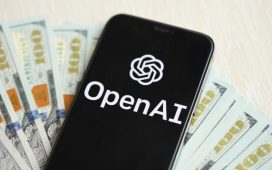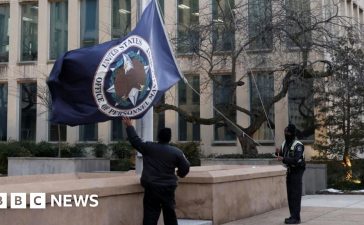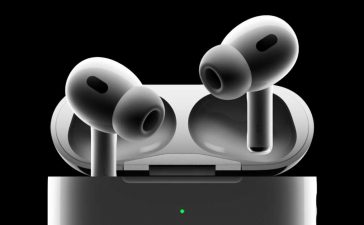Tesla CEO and SpaceX supremo Elon Musk has launched a lawsuit against OpenAI, alleging a breach of contract in its move away from open technology and its original mission to develop AI for the benefit of humanity.
In a complaint [PDF] filed in a Superior Court of California yesterday, Musk’s legal team claims OpenAI has breached its contracts, engaged in unfair business practices, and failed in its fiduciary duty.
The Register has contacted OpenAI, offering it the opportunity to respond.
Musk’s allegations focus on his work co-founding OpenAI in 2015 and its model of developing AI for the “benefit of humanity” as a not-for-profit organization.
He left OpenAI’s board in 2018. The company later launched a for-profit unit, which attracted approximately $13 billion in investment from Microsoft, a $3 trillion market cap company with a dominant position in consumer and business IT.
In an extraordinary legal filing, Musk’s team says he provided early investment in OpenAI so it could “compete with, and serve as a vital counterbalance to” Google’s DeepMind in the “race for Artificial General Intelligence.” The plan was to develop AGI “to benefit humanity, not the shareholders of a private, for-profit company,” the filing states.
According to the court paper, OpenAI’s commercial unit made an agreement in 2020 to exclusively license its Generative PreTrained Transformer (GPT)-3 language model to Microsoft. OpenAI had published a detailed paper describing GPT-3, allowing others to build similar technologies.
“Most critically, the Microsoft license only applied to OpenAI’s pre-AGI technology. Microsoft obtained no rights to AGI. And it was up to OpenAI, Inc.’s non-profit Board, not Microsoft, to determine when OpenAI attained AGI,” the filing says.
The documents claim that OpenAI’s GPT-4, launched in March 2023, was “not just capable of reasoning” but “better at reasoning than average humans.” However, the new model’s internal design “remains a complete secret except to OpenAI – and, on information and belief, Microsoft.”
“There are no scientific publications describing the design of GPT-4. Instead, there are just press releases bragging about performance,” the legal papers say.
In November last year, OpenAI’s board of directors fired CEO and co-founder Sam Altman for not being “consistently candid in his communications.” After an internal row, and seemingly Microsoft’s intervention, the board rehired Altman as CEO.
However, the new OpenAI lacked enough AI expertise and was ill-equipped to “make an independent determination of whether and when OpenAI has attained AGI – and hence when it has developed an algorithm that is outside the scope of Microsoft’s license,” Musk’s lawsuit alleges.
It says the events of 2023 “constitute flagrant breaches of OpenAI’s Founding Agreement,” which the company has since “turned on its head.”
“To this day, OpenAI Inc’s website continues to profess that its charter is to ensure that AGI ‘benefits all of humanity’. In reality, however, OpenAI Inc has been transformed into a closed source de facto subsidiary of the largest technology company in the world: Microsoft,” the documents claim.
Speaking to the Financial Times, Microsoft president Brad Smith said this week that Microsoft and OpenAI were “very important partners” but “Microsoft does not control OpenAI.”
Musk’s lawsuit demands a trial by jury. ®












